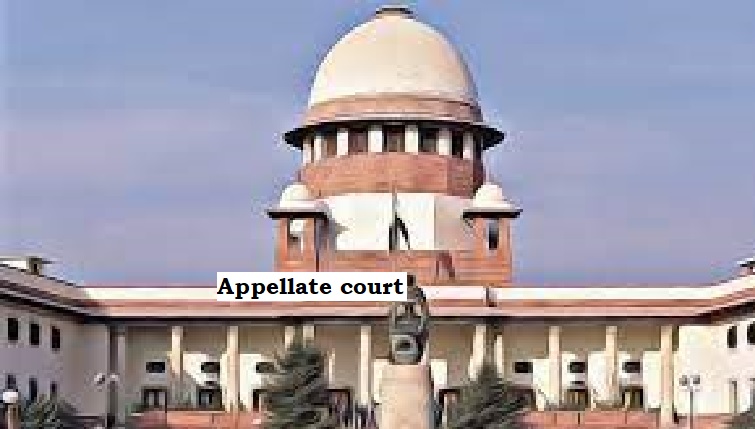


The Supreme Court, in its discerning observation, has underscored the pivotal role of appellate courts in ensuring justice and fair treatment for accused individuals. The essence of the Court's pronouncement revolves around the principle of affording the benefit of doubt to the accused, particularly when the evidence presented by the prosecution falls short of establishing guilt beyond a reasonable doubt.
Central to the Supreme Court's perspective is the recognition that the prosecution bears the onus of proving the accused's culpability. In instances where the evidence on record fails to meet this threshold, the appellate court is enjoined to exercise prudence and lean in favor of the accused. The Court emphasizes the importance of a meticulous examination of the evidentiary landscape to ascertain whether the prosecution has discharged its burden.
The crux of the matter lies in the appellate court's authority to diverge from the findings of the trial court if a plausible alternative view emerges. The Supreme Court contends that the benefit of doubt should not be a mere procedural formality but a substantive consideration rooted in the principles of justice and equity. When confronted with concurrent findings of guilt by the trial court, the appellate court is duty-bound to scrutinize the evidence independently and assess its sufficiency.
In instances where the prosecution's case is found wanting, and a reasonable doubt persists regarding the accused's guilt, the Supreme Court exhorts the appellate court to err on the side of caution. The judicial philosophy espoused by the Supreme Court envisions an appellate process that serves as a safeguard against potential miscarriages of justice. The objective is not merely to provide a perfunctory review of the trial court's decision but to engage in a comprehensive reevaluation that contemplates the possibility of an alternative narrative.
The concept of reversing concurrent findings of guilt entered by the trial court is predicated on the understanding that the appellate court occupies a distinct vantage point. Armed with the benefit of hindsight and a fresh perspective, the appellate court is positioned to discern nuances in the evidence that may have eluded the trial court. This reevaluation is not an indictment of the trial court's competence but a recognition of the inherent fallibility in judicial determinations.
The Supreme Court's guidance underscores the dynamic nature of the appellate process, emphasizing that justice is a collaborative endeavor that requires continuous refinement. The appellate court is not constrained by deference to the trial court's findings but is empowered to chart an independent course based on a thorough examination of the facts and circumstances.
In conclusion, the Supreme Court's directive to appellate courts to accord the benefit of doubt to the accused reflects a commitment to the principles of justice, fairness, and the presumption of innocence. The appellate process, far from being a rubber stamp, is envisioned as a vital check against potential miscarriages of justice. By urging a nuanced reevaluation and a consideration of alternative views, the Supreme Court seeks to ensure that the scales of justice remain finely balanced, with a steadfast commitment to protecting the rights and dignity of the accused.
TAGS: Supreme Court Appellate courts Benefit of doubt Accused persons Evidence Prosecution Guilt Reasonable doubt